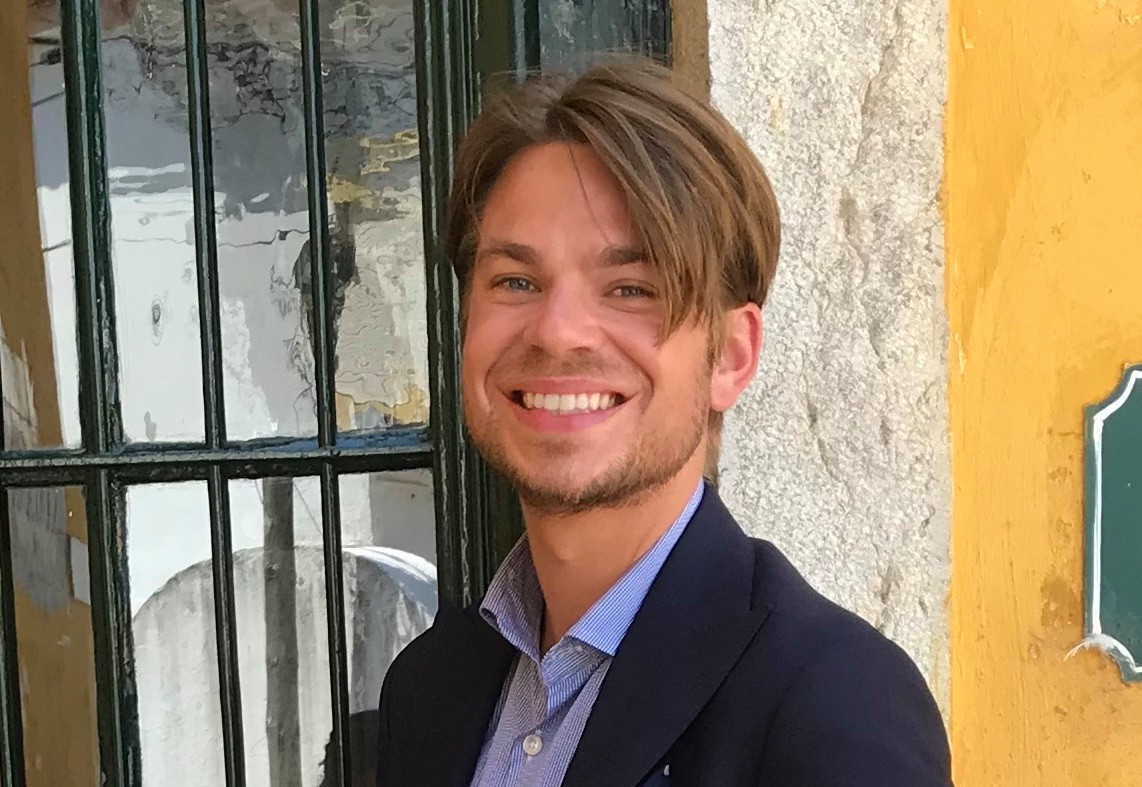Filip Westerlund was cleaning up plastic on the Swedish west coast when he realised something: he was wearing, head to toe, the same toxic material that was (and is) choking the natural environment. Fast forward to 2020: Westerlund founds Our Choice, “the world’s first circular sneakers”, in Luxembourg.
The shoes are made of vegetable-tanned calf leather (sourced as a byproduct from the Italian food industry), natural rubber, eco-cotton and coconut fibre. Zero plastic.
But, Westerlund explains, the company is far more than a goods manufacturer. It represents a rebuttal to the throwaway culture of fast-fashion, a community movement towards taking care of your belongings and cherishing them. “It’s about returning to a personal relationship with your fashion items,” he says.
“There is a perception in our culture,” he explains, “that we think we need to throw something away. We live in a linear structure. And a way of challenging that is to spend more time with your garment—and to tie a story to it.”
(This certainly chimes with the ethos of , which holds regular events where volunteer experts try to repair items from the public.)
By design, Our Choice sneakers are durable, mendable and meant to last a long time. You can send them back to the company for repairs or upcycling, and when their wearability is truly exhausted then the raw materials are biodegradable. And to further enhance the idea of connecting a story to your sneakers, Westerlund has thought of something else: a QR code on every pair, tracking their transactional and repair history.
“Education is the new marketing”
Westerlund studied as a psychologist, which may explain his interest in what his users know rather than (merely) how much they buy. “I believe education is the new marketing,” he says. “It’s all about conveying the message and helping every one of us do better.”
There are several avenues for “educating” customers, the most direct of which might be a series of webinars that Our Choice ran together with the Luxembourg/Belgium Chamber of Commerce, featuring experts in sustainability and the circular economy as guests. “The turnout was great: we had around 50 to 200 participants,” says Westerlund.
He used the opportunity—admitting that it wasn’t an objective sample of the population—to ask questions to the webinar attendees. “I asked them: who is to do your education [on subjects like sustainability]? I thought we would hear answers like ‘NGOs’ or ‘governments’ but people actually said they were looking to brands to educate them in sustainability.”
“And that is very problematic,” he goes on, “when you think about marketing, greenwashing, claims not being verified.”
For Westerlund, the response was a reality check. “We need to validate our beliefs,” he says.
Transparency
One method of doing so, as mentioned already, is the QR codes. Owners of Our Choice sneakers, and soon any of the other fashion items the company is planning to launch, will be able to access manufacturing and transactional information about the individual items they own. It’s stored and verified via blockchain technology.
“We’re not only providing transparency and traceability to users,” says Westerlund, “but we’re making them active agents in the circular supply chain.”
With that, he links transparency back to community.
“I want it to be engaging, I want it to be about fun, I want it to be about community,” he says. “In the exact same way you’d go shopping with your friends, because that’s an activity—we need to make that happen.”
This article first appeared in the .
